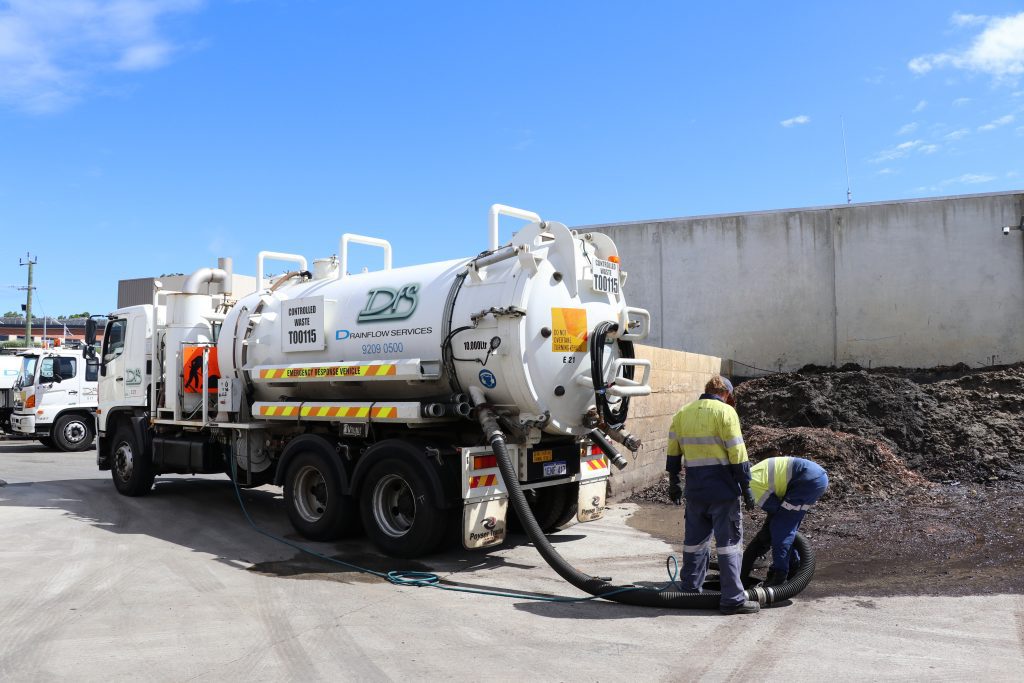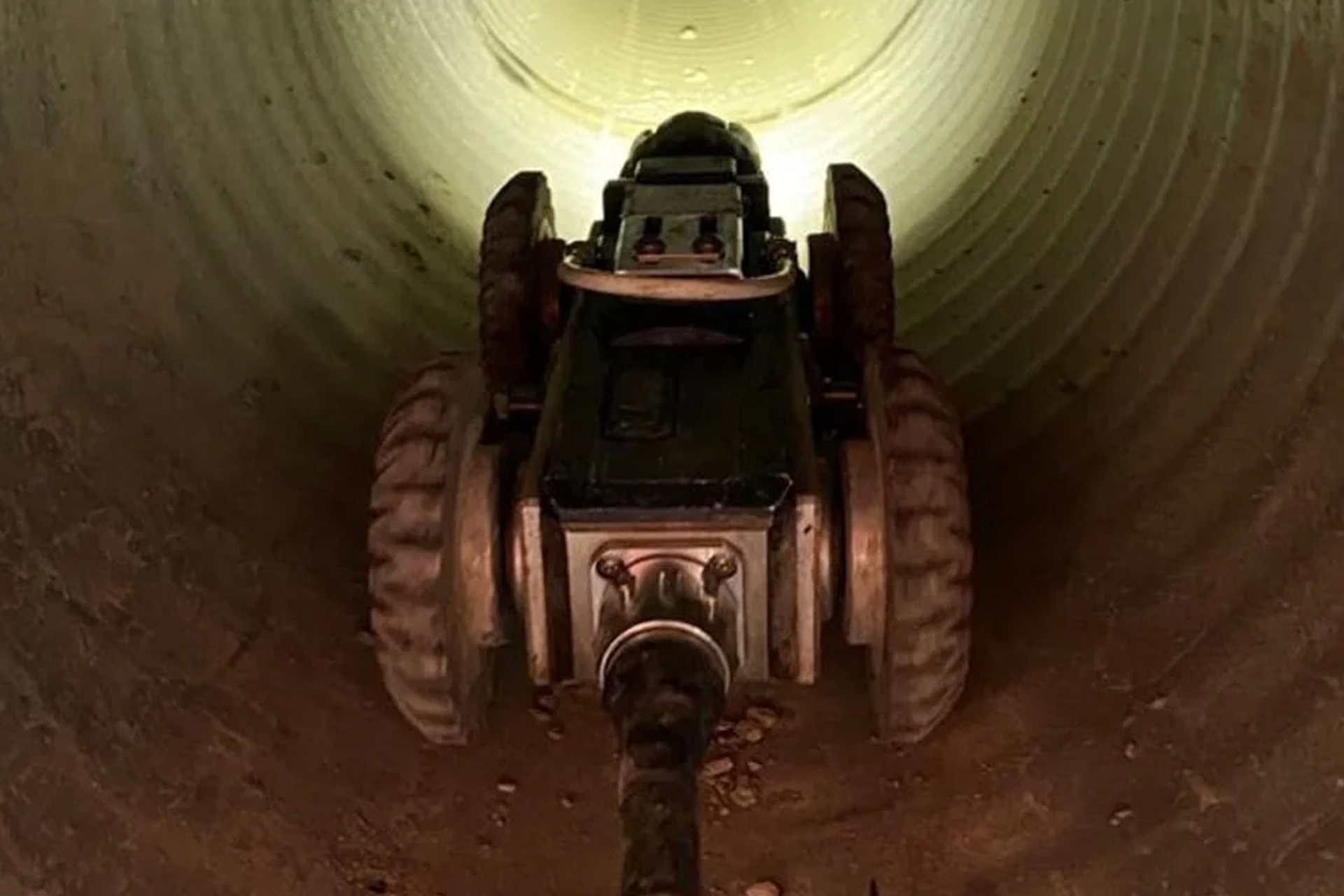How Reclaim Waste can Save You Time, Stress, and Money.
How Reclaim Waste can Save You Time, Stress, and Money.
Blog Article
Reclaim Waste - An Overview
Table of ContentsAn Unbiased View of Reclaim WasteAll About Reclaim WasteThe Buzz on Reclaim WasteGetting The Reclaim Waste To WorkSome Ideas on Reclaim Waste You Need To Know
Domestic sewage waste refers to the waste and products from a household septic tank. The appropriate monitoring and disposal of domestic sewer waste call for liquid waste to be moved to a sewer treatment plant where the correct approaches and tools are applied to detoxify and dispose of waste.
Business waste commonly consists of possible dangers, such as combustible products or a mixture of fluid and solid waste products, and needs an advanced and thorough disposal procedure. The disposal of business waste commonly involves the filtering of waste before transport to make certain secure and correct disposal. Hazardous waste is created from by-products and drainage of industrial procedures and production.
This kind of waste can not utilize the exact same sewer monitoring transportation or processes as septic or business fluids. The hazardous waste management procedure calls for the examination and testing of liquid waste prior to it undergoes the disposal process (liquid waste removal melbourne). Drainage waste is the liquid waste that originates from overflow and excess stormwater in extremely booming areas or cities
Drainage waste can trigger contamination and flooding if not handled correctly. Find out more concerning sewer cleansing and waste monitoring. Making sure appropriate waste management can prevent disasters and lower ecological damage. Both individuals in domestic setups and specialists in business or production industries can take advantage of recognizing the processes and policies of fluid waste monitoring.
The 7-Minute Rule for Reclaim Waste
Contact PROS Solutions today to learn more about our waste management and disposal services and the correct ways to look after the liquid waste you create.
(https://reclaimwaste1.start.page)Do you know what takes place to your water when you pull the plug, purge the toilet or drain pipes the washing machine? No? Well, it's worth recognizing. This so-called 'wastewater' is not just a crucial resource however, after treatment, will certainly be released to our land, rivers or the sea. Utilized water from commodes, showers, baths, cooking area sinks, laundries and commercial procedures is known as wastewater.

water utilized to cool down machinery or clean plant and tools). Stormwater, a form of wastewater, is runoff that flows from agricultural and city locations such as roofing systems, parks, yards, roadways, paths and seamless gutters into stormwater drains, after rainfall. Stormwater streams untreated directly to neighborhood creeks or rivers, eventually reaching the ocean.
Reclaim Waste Can Be Fun For Anyone
In Queensland, a lot of wastewater is treated at sewage treatment plants. Wastewater is transferred from residential or industrial sites with a system of sewage systems and pump terminals, called sewerage reticulation, to a sewage therapy plant. Neighborhood governments build, preserve and operate most sewage treatment plants. Operators are licensed under the Environmental Protection Act 1994 to discharge cured wastewater at an acceptable environmental criterion into waterways.
The Division of Natural Resources advises city governments about managing, operating and keeping sewage systems and therapy plants. In unsewered locations, regional governments may need householders to set up specific or home sewage therapy systems to treat residential wastewater from toilets, kitchens, shower rooms and washings. The Department of Natural Resources authorizes using household systems when they are verified to be efficient.
In some new subdivisions, therapy of some stormwater to remove trash, sand and gravel has started making use of gross pollutant catches. Wastewater treatment happens in 4 stages: check here Gets rid of strong matter.
Wastewater after that flows right into large storage tanks where solids resolve and are eliminated as sludge. Oil and scum are skimmed from the surface. Makes use of tiny living microorganisms knows as micro-organisms to break down and get rid of remaining liquified wastes and great particles. Micro-organisms and wastes are included in the sludge. Gets rid of nitrogen and phosphorus nutrients that can cause algal flowers in our rivers and intimidate aquatic life.
Not known Facts About Reclaim Waste
Nutrient removal is not available whatsoever sewage treatment plants due to the fact that it calls for pricey specialised tools. It is coming to be extra typical in Queensland. Clear fluid effluent created after treatment may still include disease-causing micro-organisms. If this effluent is released into waterways such as rivers or the sea, the micro-organisms will ultimately die out.

This typically implies wastewater has actually to be dealt with or pollutants removed prior to it can be released to waterways. Most wastewater moves into the sewerage system. Under the Act, regional federal governments carry out approvals and permits for ecologically relevant tasks (Ages) involving wastewater launches that may have a local influence. The department carries out approvals and licences to Ages involving wastewater launches that may have a local or statewide effect.
Reclaim Waste Things To Know Before You Get This
Monitoring offers factual information about water quality and can confirm that licence conditions are being met. The details obtained via tracking supplies the basis for making water top quality choices.
Report this page